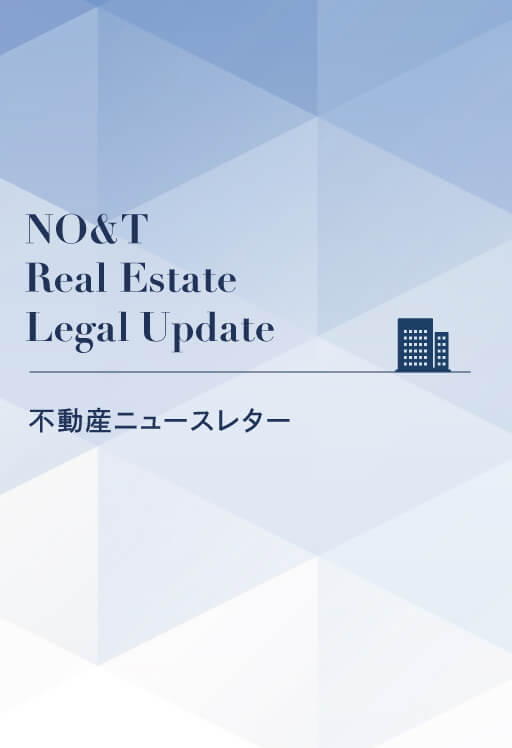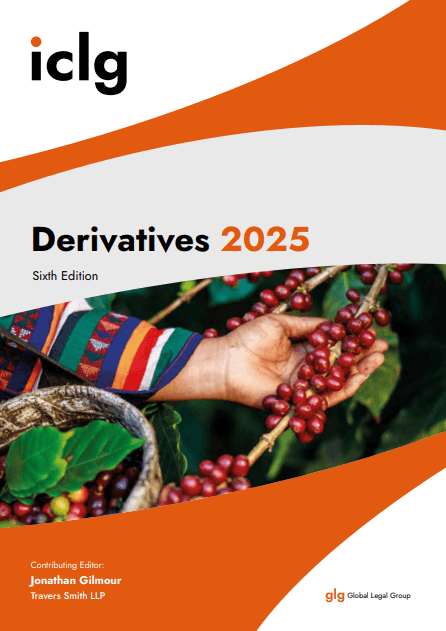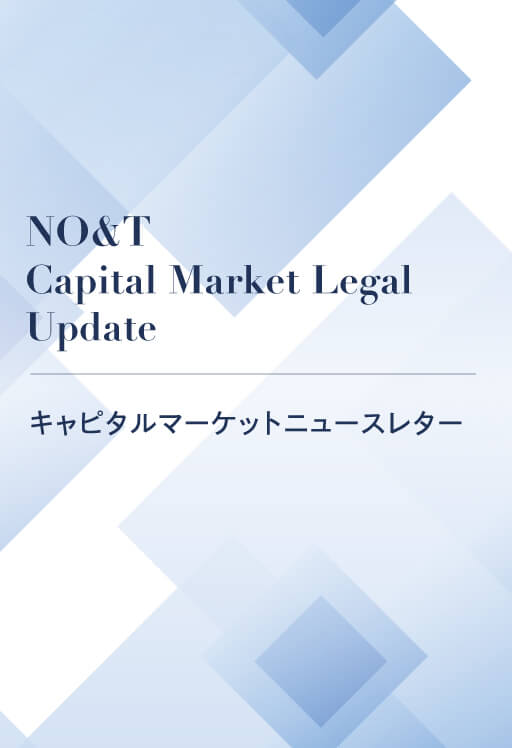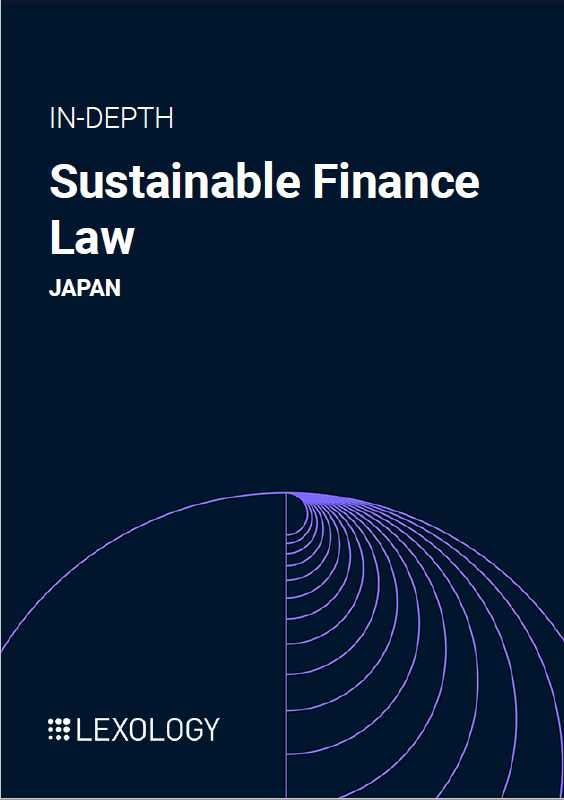
NO&T Asia Legal Review
On 16 September 2022, the Government issued Decree 65/2022/ND-CP (“Decree 65”) to amend certain provisions of Decree 153/2020/ND-CP dated 31 December 2020 (“Decree 153”) regarding private placement of corporate bonds. Decree 65 came into effect on the same day.
Corporate bonds have gradually become a significant channel to attract capital for Vietnamese companies. In 2021, the outstanding amount of corporate bonds in Vietnam reached 623,616 billion dong※1 (approximately USD26 billion) equivalent to 15 per cent of GDP※2 of which private placement of bonds accounted for more than 85%※3. The rapid development of the corporate bond market (especially by way of private placement) in recent years has revealed certain problems in the legal framework under Decree 153 and therefore there was a need to strengthen the regulations. Amendments under Decree 65 are expected to create a more transparent market and to provide more protection to the bondholders※4. We discuss certain important changes made by and issues of Decree 65 below.
As required under the Law on Enterprises, holders of corporate bonds issued under the private placement regime (even the purchasers in the secondary market), depending on the types of bonds, must be institutional securities investors and/or strategic investors. These investors (as defined under the Law on Securities) are generally either corporate or individual investors having financial capacity and knowledge on investment in securities, including bonds. Decree 65 does not change the definitions of strategic investor※5 and institutional securities investors but provides new criteria to determine institutional securities investors. With respect to institutional securities investors, the definition continues to include entities having huge amounts of capital and/or experience in financial and securities sectors (i.e. commercial banks, securities companies, securities investment fund management companies, companies with charter capital of 100 billion dong (approx. USD4 million), persons having securities business practising certificates and individual securities investor having portfolio of at least 2 billion dong (approx. USD80,000), however, “individual securities investor having portfolio of at least 2 billion dong” is determined differently under Decree 65. Previously, the threshold of 2 billion was decided on the date of certification. Therefore, an individual could easily satisfy this requirement by having high value securities transactions in one day. Decree 65 tries to remedy this loophole by stipulating that the 2 billion threshold must be decided according to average daily transaction value of the period of at least 180 consecutive days preceding the certification date; and loan for conducting margin transactions and securities of repurchase transactions will not be counted. This change is expected to narrow the individual investors who actually have financial capacity and experience in trading securities. This certification shall be valid for only 3 months.
Under Decree 65, bonds can only be issued for attracting capital for investment projects, restructuring the issuer’s debts or serving other purposes as prescribed in specialized laws. The purpose of bond issuance for “increasing the scale of operating capital” under Decree 153 was removed. Similar to Decree 153, the issuer is required to clearly indicate the purposes of the bond issuance in its issuing plan (the mandatory contents of such plan are set out in Decree 65) and disclose information to investors. However, when the bonds are issued to attract capital for investment projects, Decree 65 requires the issuer to provide more details of the project than Decree 153 did. Accordingly, other than the general information regarding the project as required under Decree 153, the issuer is now required to additionally disclose the legal basis and risks of the project. This requirement seems to aim to provide the investors more information before they decide to purchase the bonds.
One of new regulations aiming to protect the bondholders under Decree 65 is the requirement that the bond issuer must sign a contract with a representative of bondholders. Such representative needs to be a depository member of Vietnam Securities Depository and Clearing Corporation (“VSDC”) (i.e. a securities company or a registered commercial bank) or securities investment fund management company. Under Decree 153, such representative of bondholders was required in public offering process only. Under Decree 65, this representative is to (i) supervise the adherence to commitments of the issuer in the bond offering application; (ii) act as the intermediary between the bondholders, the issuer and other relevant organizations; (iii) request the guarantor to fulfill the guarantor’s obligations when the issuer fails to pay or properly pay the principal and interest on the bonds; and (iv) implement the notification regime.
Decree 65 provides some amendments to the requirements on information disclosure regarding the issuance. Accordingly, more information is required to be publicly disclosed (i.e. under Decree 65, reports on status of performance of commitments of the issuer, change of issuance conditions or redemption of bonds must be disclosed while Decree 153 did not require this) and the timeframe for disclosure of certain information is shortened (i.e. the issuer must provide information regarding the issuance result within 5 working days instead of 10 days as required under Decree 153).
In addition, Decree 65 requires further information to be posted in the corporate bond information webpage of the Stock Exchange※6 than Decree 153 did. Accordingly, from the effective date of Decree 65, the following information must be additionally posted:
Another new right of the bondholders is that they have the right to require the issuer to redeem the bonds in certain circumstances set out in Decree 65.
Under Decree 153, corporate bonds issued under the private placement regime were deposited at a depository entity (e.g. securities companies or certain commercial banks) and traded among institutional securities investors except for implementation of court judgements or arbitral awards or inheritance.
Under Decree 65, corporate bonds are required to be centrally deposited at the VSDC and then these corporate bonds are expected to be traded in a central specialized system operated by the Stock Exchange among institutional securities investors. It is noted that this system would be different from the one for trading public offer corporate bonds. However, until now, this system has not been established. The VSDC and the Stock Exchange have 9 months from effective date of Decree 65 to establish the necessary system for depositing and trading corporate bonds issued under the private placement regime and then the bonds must be deposited and traded in such system within 3 months.
Other than the above, there are amendments regarding par value of bonds, conditions for changing bonds conditions and redemption of bonds. Responsibilities of entities involving in the issuance and trading of corporate bonds such as advisors, agents, guarantors, VSDC and governmental authorities have also been amended.
*1
Report of Bond Market in 2021 prepared by VNDirect Securities Joint Stock Company at https://www.vndirect.com.vn/category/bao-cao-trai-phieu/
*2
Vietnam Investment Review dated 2 November 2022
*3
Reports of Bond Market for each quarter of 2021 prepared by VNDirect Securities Joint Stock Company
*4
Decree 153 also deals with the issuance of corporate bonds in international market but provisions regarding this issuance remain unchanged.
*5
Strategic investor” is defined under Article 4.17 of Law on Securities to mean “an investor who is selected by the general meeting of shareholders in accordance with the criteria on financial capability and technological qualifications, and is committed to cooperate with the company for a period of no less than 3 years
This newsletter is given as general information for reference purposes only and therefore does not constitute our firm’s legal advice. Any opinion stated in this newsletter is a personal view of the author(s) and not our firm’s official view. For any specific matter or legal issue, please do not rely on this newsletter but make sure to consult a legal adviser. We would be delighted to answer your questions, if any.


Makoto Saito, Shinichiro Horaguchi, Yoshihisa Watanabe, Ramsay Randall (Co-author)


Makoto Saito, Shinichiro Horaguchi, Yoshihisa Watanabe, Ramsay Randall (Co-author)


Takehito Matsumoto


(June 2025)
Ichiro Oya, Masayuki Fukuda, Hideaki Suda, Tsutomu Endo (Co-author)


Takashi Itokawa, Takahiro Kitagawa (Co-author)


Motoki Saito, Gaku Oshima, Yuta Kawamura (Co-author)


(December 2024)
Hiromi Hattori, Yuichi Miyashita (Co-author)


Motoki Saito


Patricia O. Ko


Ngoc Hoang


Yuan Yao Lee


Chattong Sunthorn-opas, Thunsinee Sungmongkol (Co-author)


Patricia O. Ko


Ngoc Hoang


Yuan Yao Lee


Chattong Sunthorn-opas, Thunsinee Sungmongkol (Co-author)


Ngoc Hoang


Long Nguyen


Nga Tran


Hoai Tran